8 things Apple needs to do to 'fix' the iPhone next year
If it ain't broke, refine it
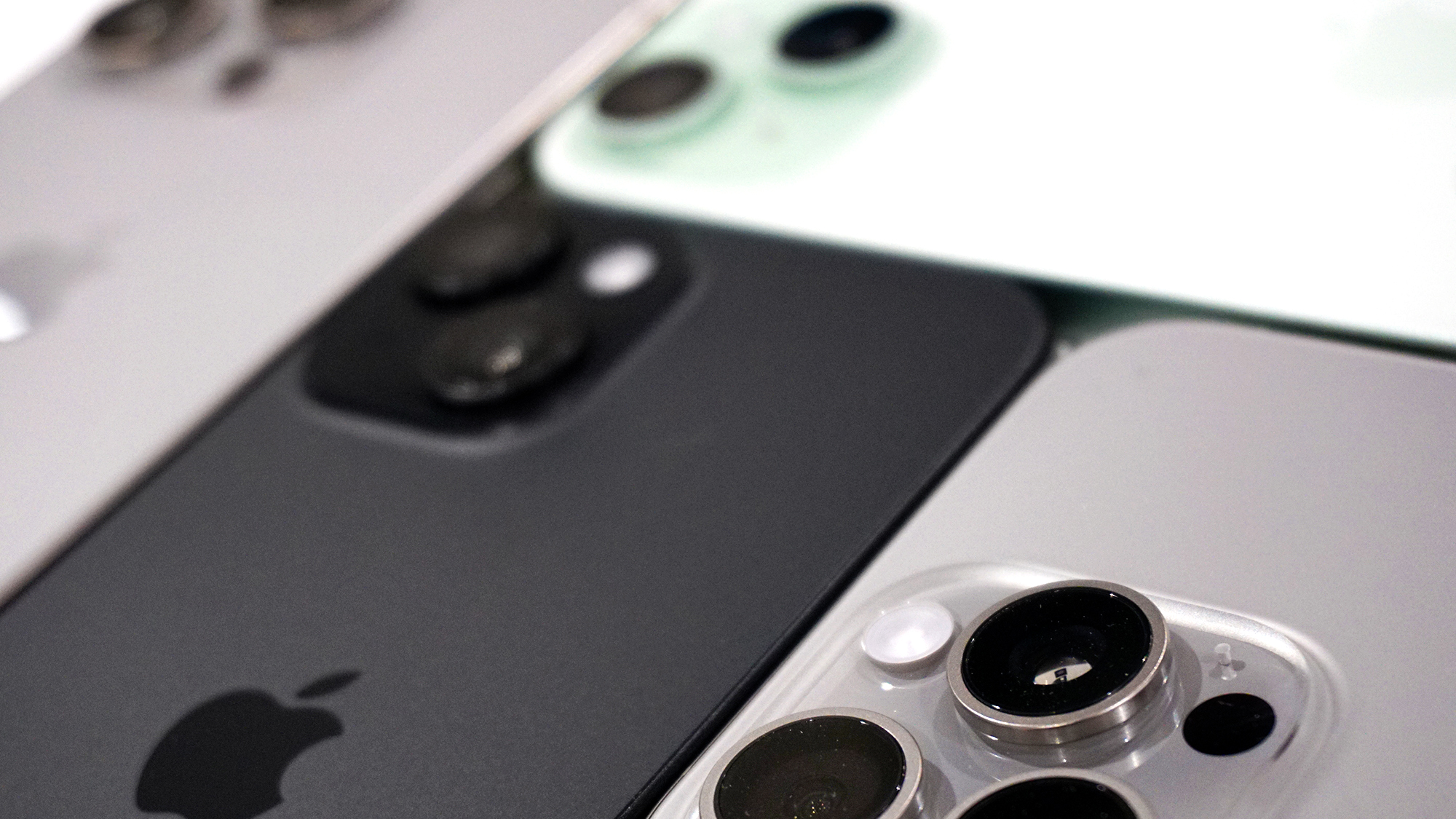
There's no question that this year's iPhone 15 series aren't only some of the best iPhones to date, but among the best phones in the world right now. All four models boast superb performance, powerful cameras and respectable battery life, wrapped up in premium, precision-engineered designs. For all their capability and appeal though, Apple always leaves room for improvement, and I've got a few ideas of my own that I'm hoping to see in 2024's expected iPhone 16 line.
Although I might touch on rumors here, this shortlist of desired upgrades comes mainly after extensive use of all four members of the iPhone 15 line – the iPhone 15, iPhone 15 Plus, iPhone 15 Pro and iPhone 15 Pro Max – along with suggestions from elsewhere amidst the TechRadar team.
Give Ceramic Shield more shielding
Apple introduced Ceramic Shield with the iPhone 12 series and it's been a staple of every subsequent iPhone. Touted as "tougher than any [other] smartphone glass" out there, it's an undeniable benefit – exclusive to the iPhone – that serves as the answer to other Corning-made toughened glass, found on rivals like the Samsung Galaxy S23 series; with their Gorilla Glass Victus 2-protected displays.
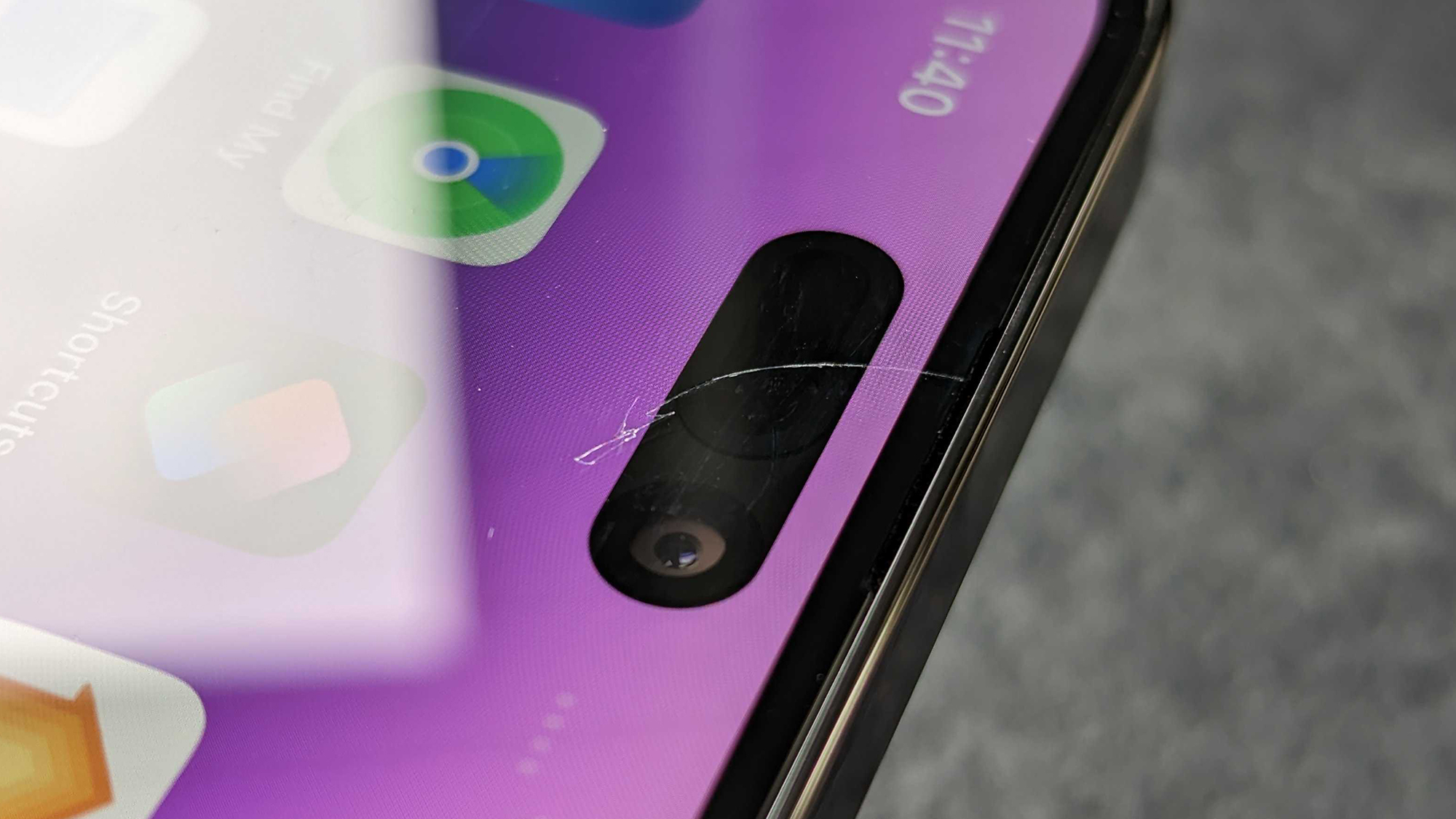
For all the promised benefits nano-ceramic crystals bring to the iPhone's cover glass, in practice there's still room for improvement. Apple claims that Ceramic Shield "offers four times better drop protection than previous iPhones" while also being more scratch resistant. I've never dropped an iPhone so severely that I've shattered the cover glass but I have managed to scratch a brand new Ceramic Shield-toting Pro Max (see image above) with zero effort, when the phone was simply face down on a freshly-cleaned table top.
While Corning promises generational improvements to both shatter resistance and scratch resistance, the balance has to shift in favor of one trait or the other, and with Ceramic Shield as it is right now, I'd say the balance is still a little off. Micro-abrasions and scratches appeared on all of our relatively fresh-faced iPhone 15 samples after only days of use, so fingers crossed that won't be the case with next year's models.
Make the Island more dynamic
I had high hopes for the Dynamic Island ahead of the iPhone 15 series' release. Rumors had already pointed to the feature becoming a range-wide addition and with that broader adoption, I had assumed that a wealth of new functionality lay in-store for the iPhone's souped-up front camera cutout. I was wrong.
While developers continue to find ways to use the Dynamic Island within their own apps, Apple seemingly spent time engineering both hardware and software for its debut across the iPhone 14 Pro line and then simply stood back and proclaimed it perfect; without intention of further adaptation or improvement. At least that's how it came across when the iPhone 15 series arrived and the Island offered no additional native functionality than it had a year earlier.
Get daily insight, inspiration and deals in your inbox
Sign up for breaking news, reviews, opinion, top tech deals, and more.
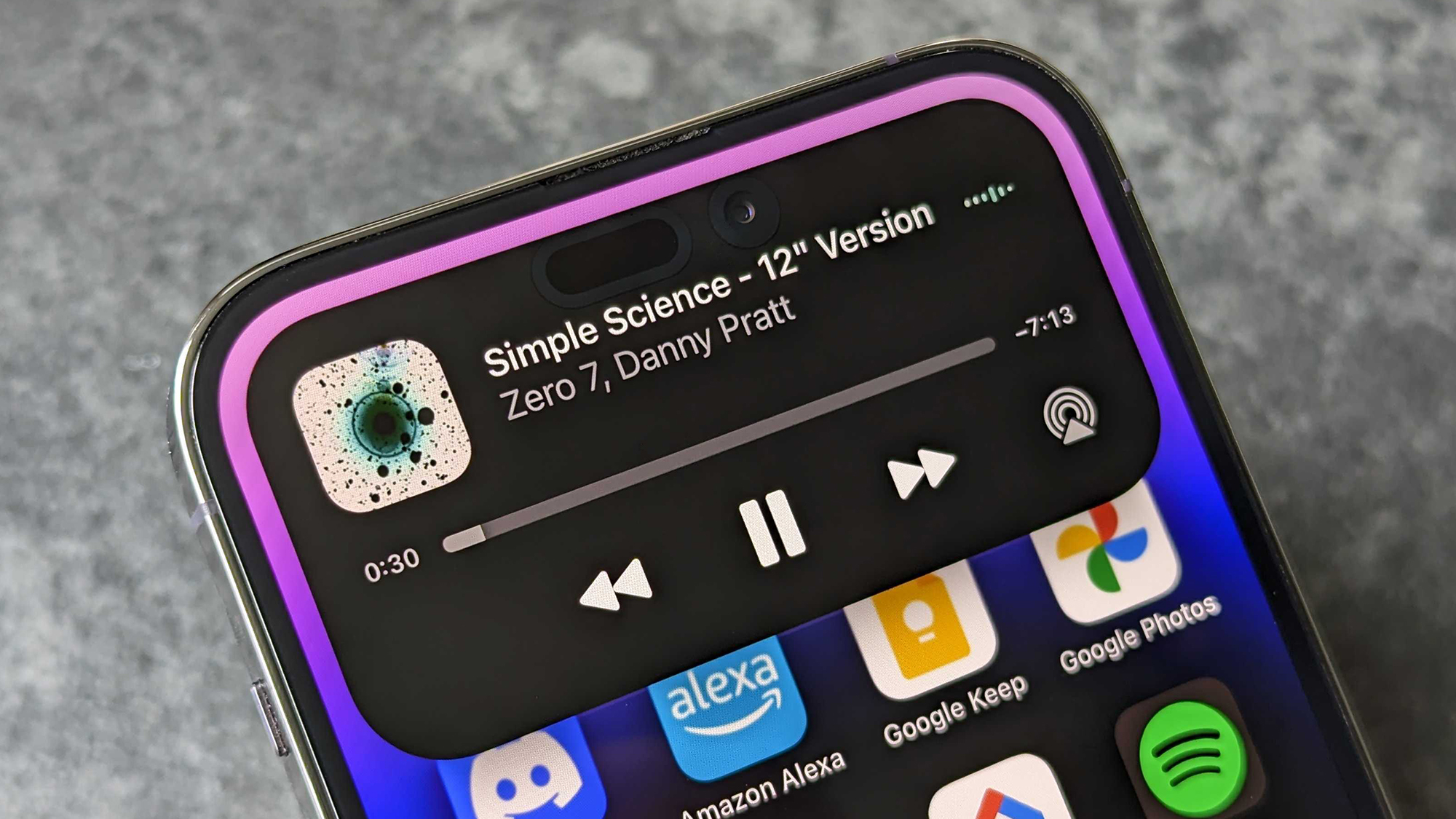
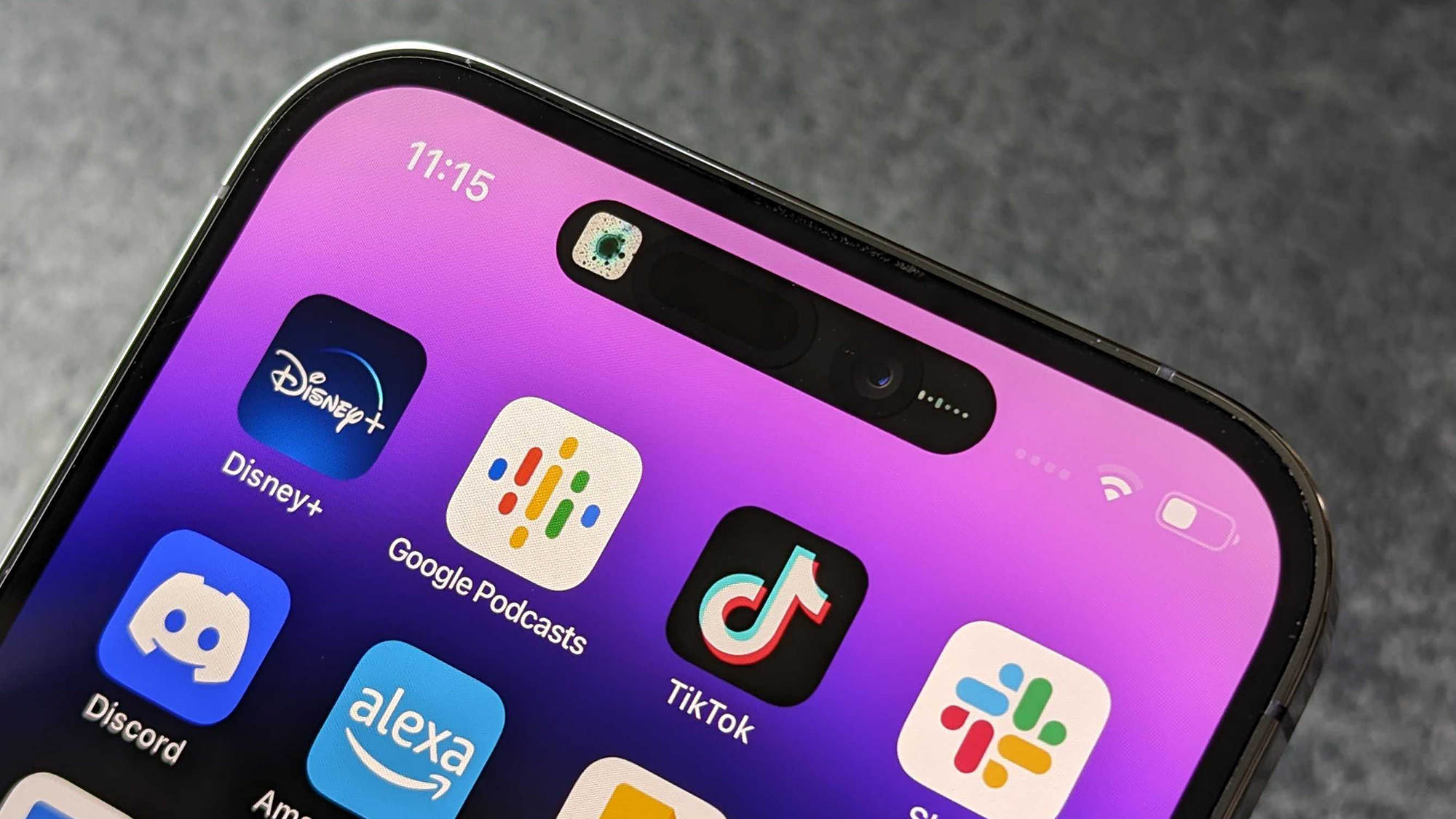
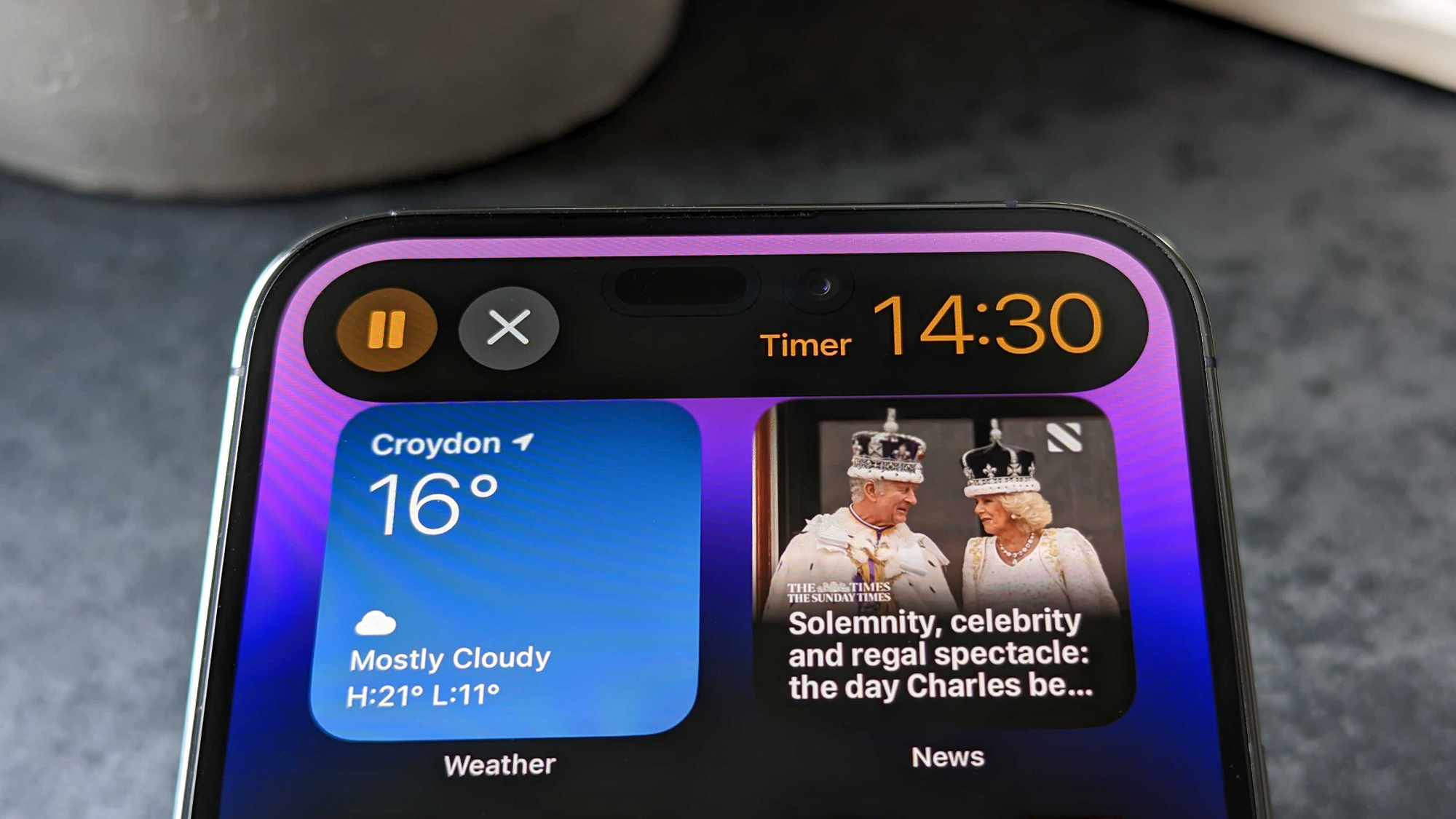
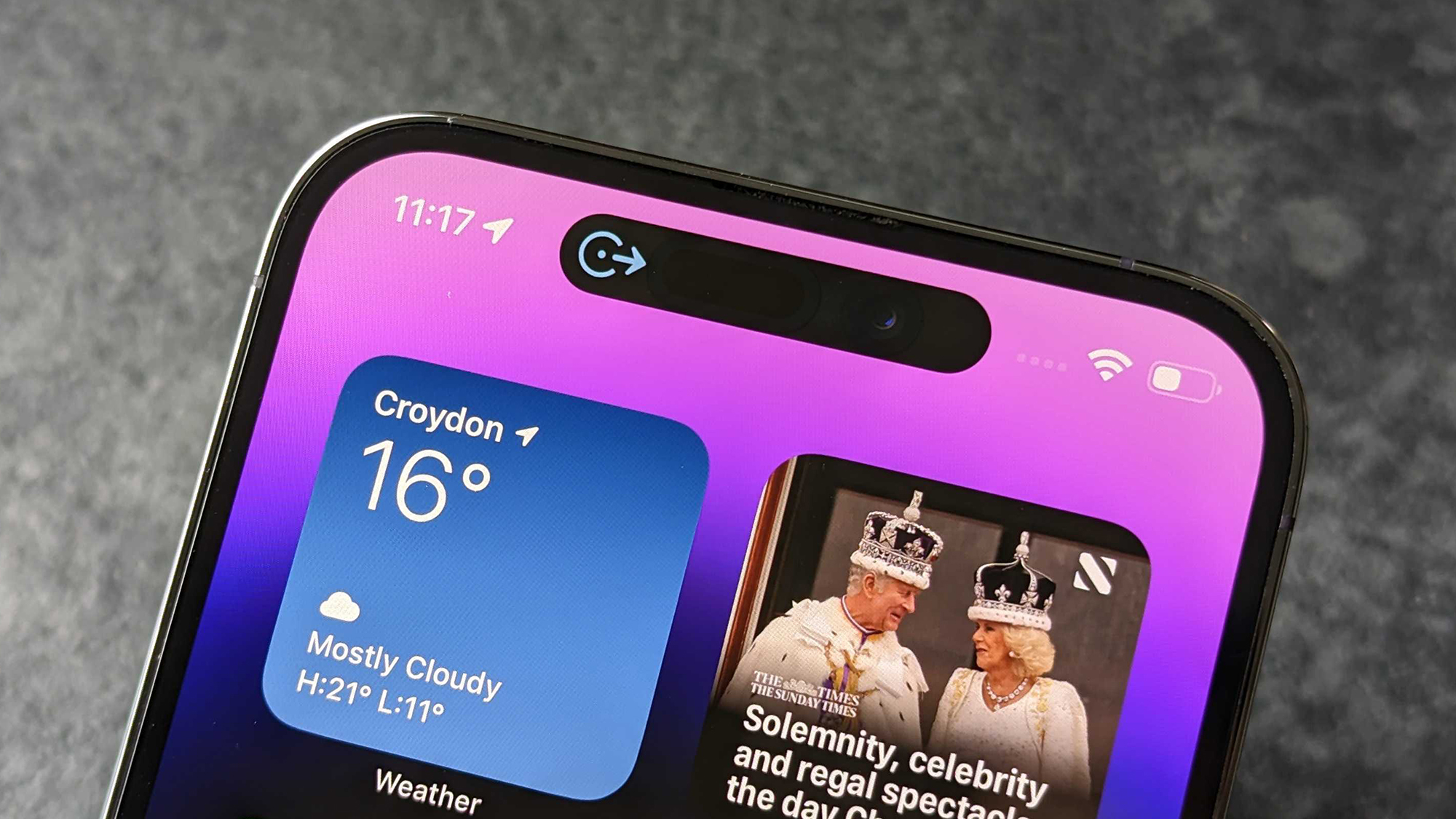
You and I both know that the Dynamic Island is a stop-gap of a solution until Apple decides it's perfected under-display camera technology. But by the state of that technology right now – based on examples like Nubia's and RedMagic's latest phones, not to mention the still-underwhelming interior front facing snapper on the latest Samsung Galaxy Z Fold 5 – such an upgrade is still years off for the iPhone.
Everything I'd hoped the Dynamic Island would do by the time the iPhone 15 series debuted still holds relevance and, as such, still could find a place on the iPhone 16 line.
A case for a better case
In an effort to be greener, Apple nixed the longstanding leather cases that have served as luxurious in-house options for those looking for a stylish way to protect their new iPhone, replacing it with the new FineWoven case (which you'll notice is distinctly absent from our rundown of the best iPhone 15 cases).
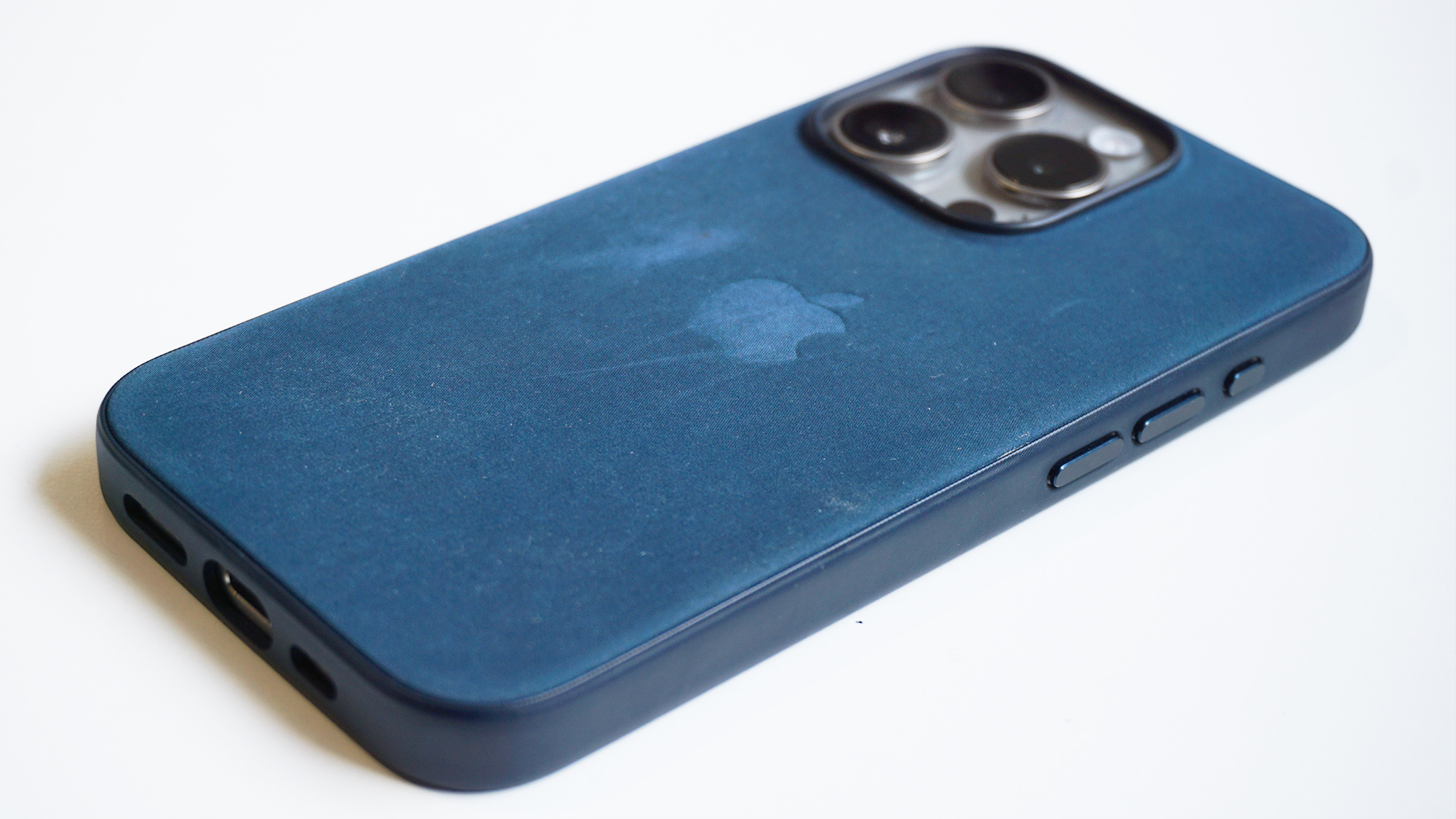
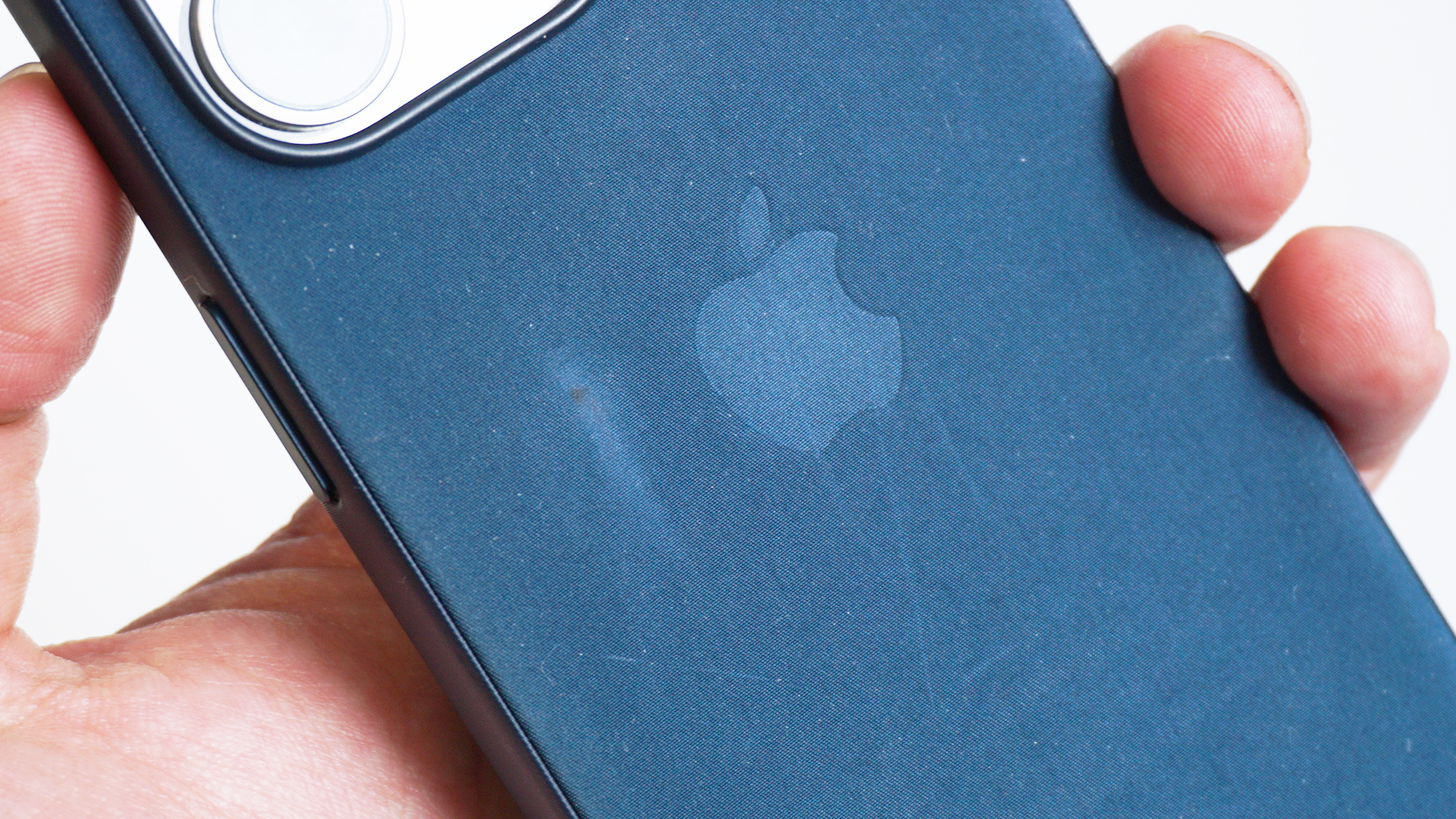
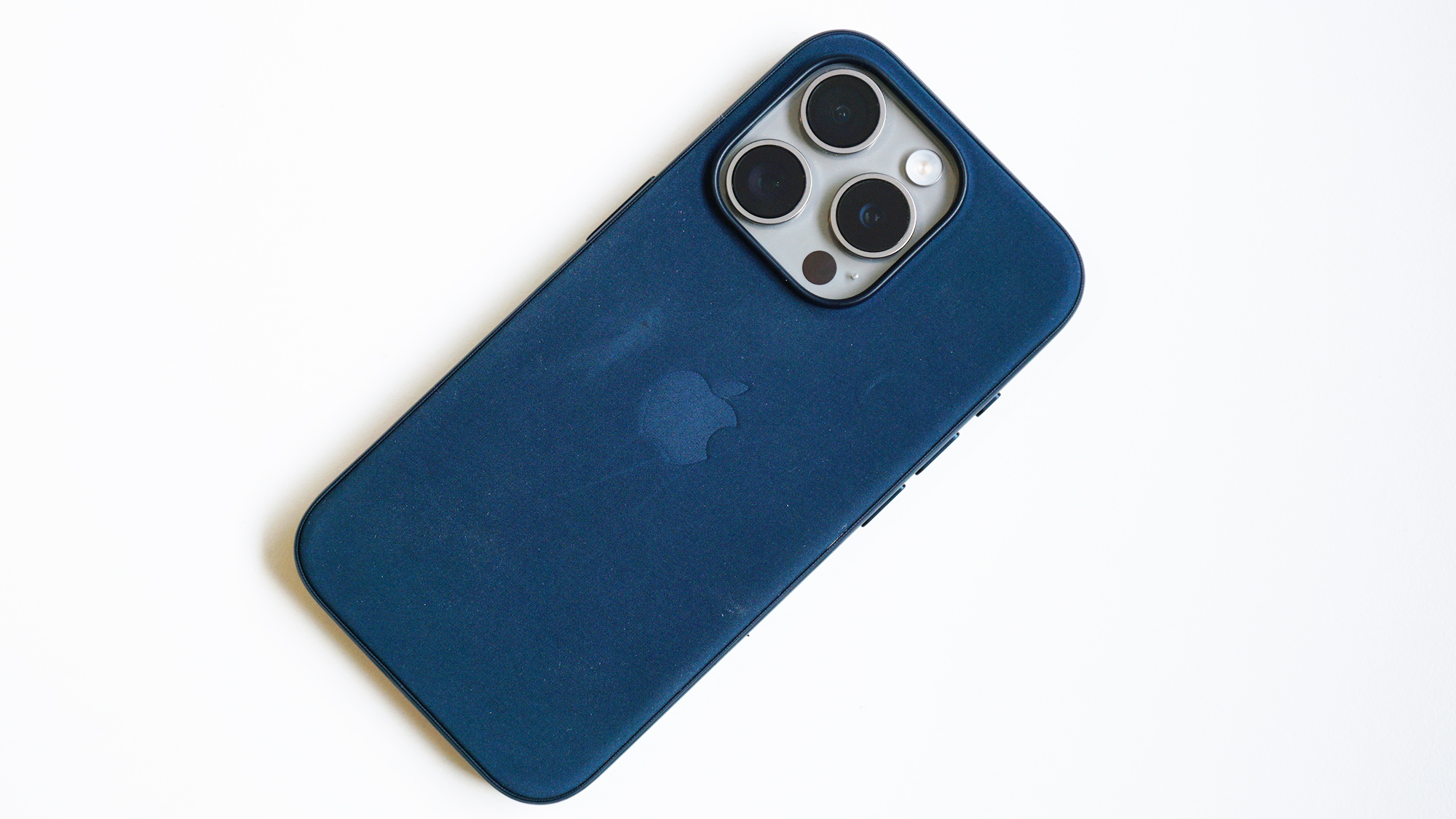
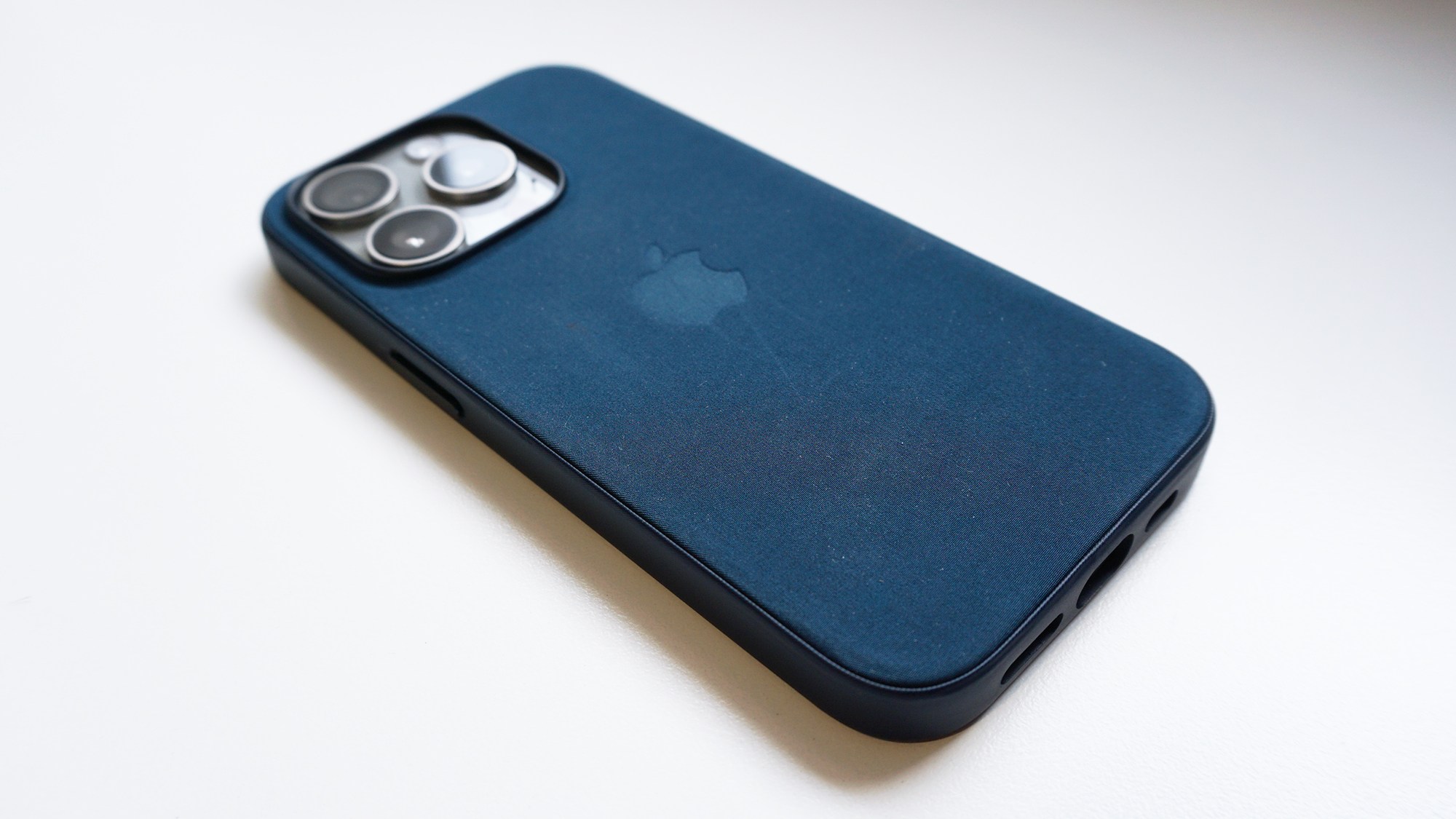
The problem is, in practice, while leather ages gracefully, the FineWoven's micro-twill finish picks up scuffs and grime far too easily; meaning it ages badly, and fast (the shots above are from the first weekend of use alone). While I'm not suggesting Apple brings back leather, a new alternative to FineWoven might be in order, or perhaps a new wheat straw-based environmentally-conscious option, similar to the cases the likes of Wave Case produce.
An Apple of a different color
The iPhone 15's launch heralded one of the most considered redesigns to the line since Apple switched back to straight sides with the iPhone 12 series. The change also debuted titanium as part of the construction too – exclusively on the iPhone 15 Pro and the 15 Pro Max.
However, while the iPhone 15 colors for the standard and Plus models arrived with a tasteful palette of pastel tones to choose from, Apple's keenness to show off that new titanium finish meant Pro users were given a comparatively drab quartet of colors to consider: a muted dark blue and a trio of gray hues.
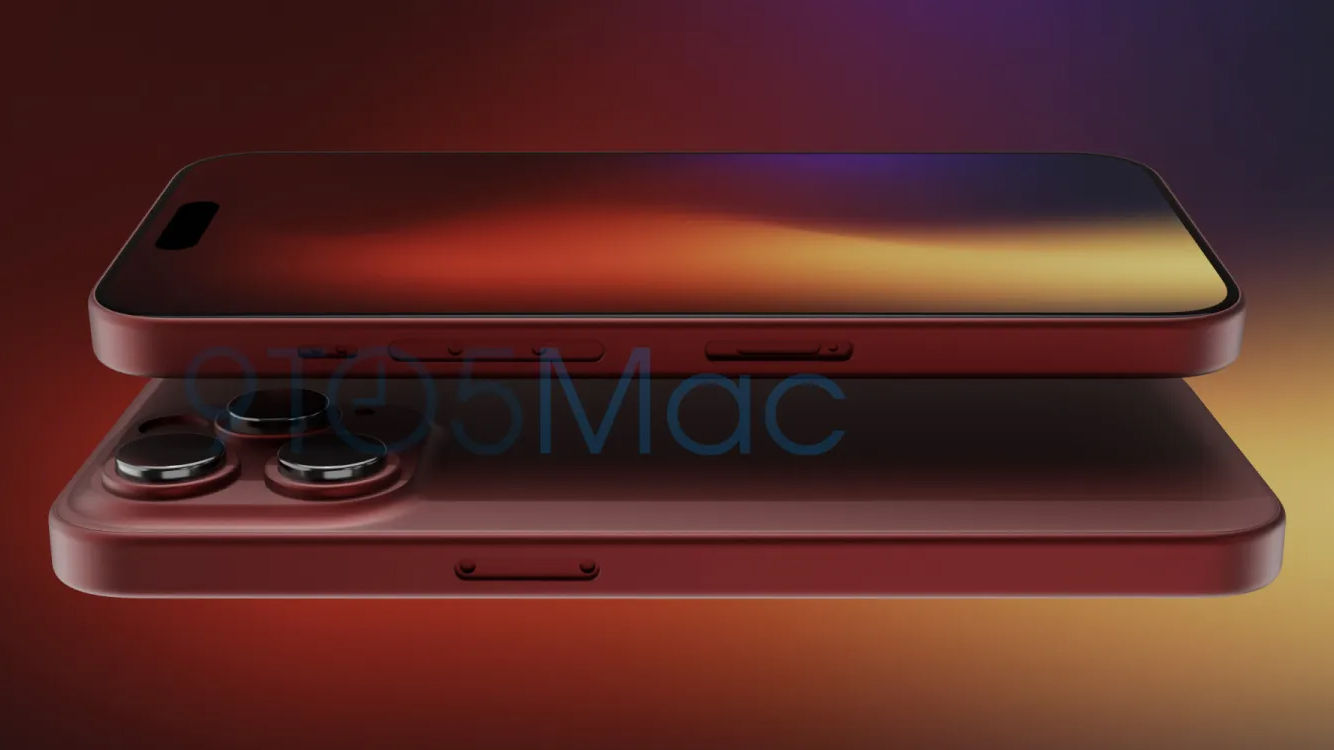
The company does make a habit of releasing an additional finish each spring (in the northern hemisphere), but such a release is usually exclusive to the non-Pro models; a recent exception being the Alpine Green iPhone 13 Pro that released in March 2022. While there's a chance that Apple will repeat history and bring us the rumored red iPhone 15 Pro that didn't materialize at launch. Failing that, I hope we see a more vibrant array for the iPhone 16 series.
Perhaps a bright cerulean – akin to the iPhone 13 Pro line's Sierra Blue, or a new interesting indigo – paying homage to the Deep Purple of the iPhone 14 Pro. The company could – and probably should – bring back a gold finish too, which was a look also absent from the 15 Pro's assorted colors. And again, a red iPhone 16 Pro would be pretty good too.
Let's USB-C some speed improvements
One of the most pivotal changes to the iPhone 15 series is, of course, its adoption of USB-C in place of Lightning. While this finally brings the iPhone in line with Apple's other key products – in terms of charging port and cable compatibility – it also opens up the potential for far faster data transfer speeds than what's currently on offer.
Unfortunately, in the pursuit of further differentiating the standard models from the Pros, the iPhone 15 and 15 Plus remain stuck with their predecessor's equivalent USB 2.0 data speeds of up to 480Mbps, while the 15 Pro and Pro Max receive a boost to USB 3 (specifically USB 3.2 Gen 2) speeds of up to 10Gbps; that's up to 20 times faster than the current non-Pro models and previous iPhones too.
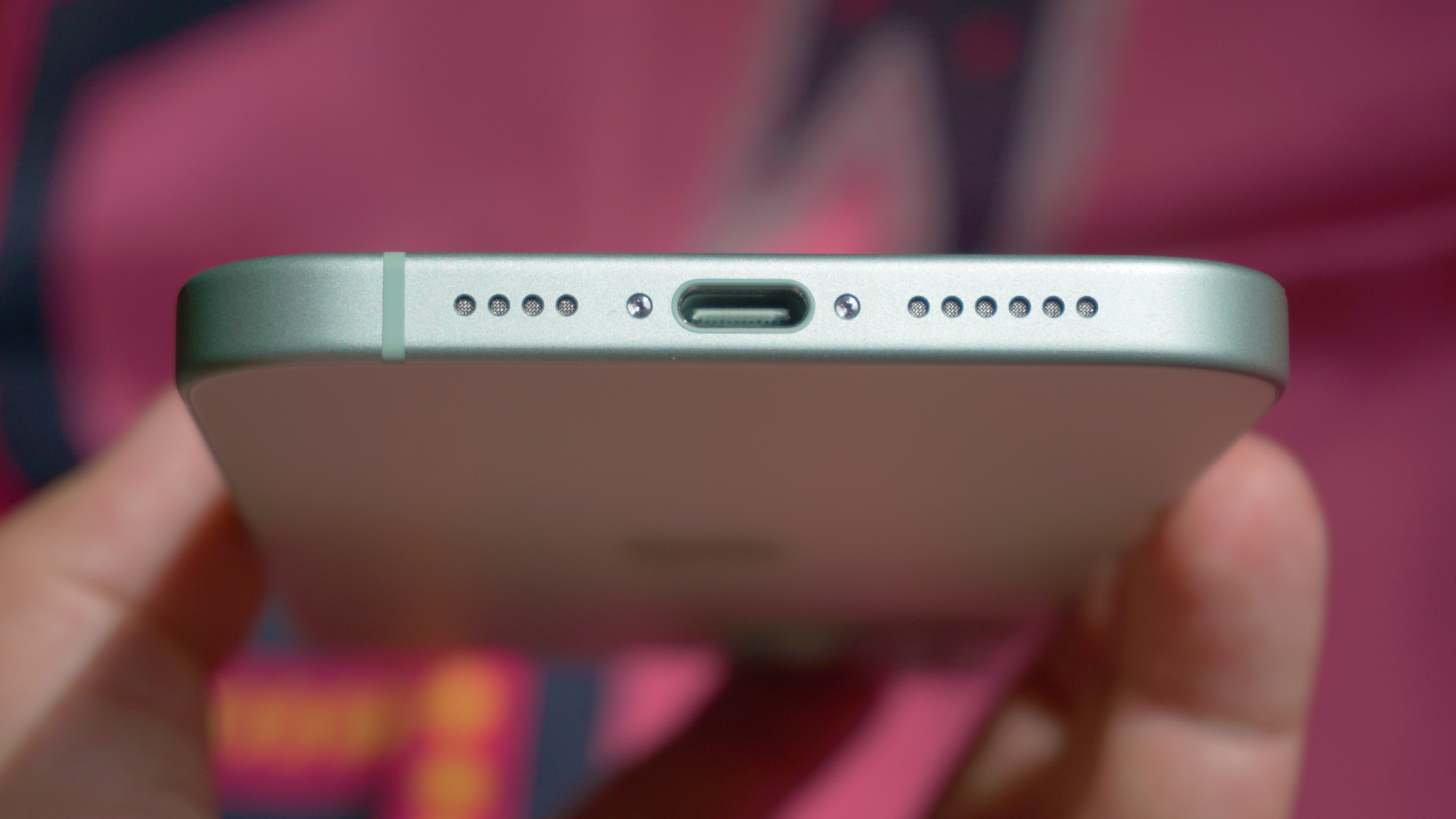
Even with this notable speed increase, Thunderbolt 4 – which was introduced back in 2020 – already resides on ports across both MacBooks and iPads, allowing for theoretical data transfer speeds of up to 40Gbps; making it over 80 times faster than USB 2.0, while also supporting video output too.
Fingers-crossed this update lies in store for the iPhone 16 Pro line then, with the standard iPhone 16 and 16 Plus at least getting a still-noteworthy boost to the iPhone 15 Pro's USB 3.2 Gen 2 speeds. And don't even get me started on Thunderbolt 5, I can't imagine we'll see that on an iPhone for at least another couple of years.
Lead the charge
You can't really talk about the USB port on the current iPhones without also addressing charging speeds. Apple has never strived to give the iPhone the fastest charging out there and reaching such extremes typically comes with trade-offs to battery health and longevity. That said, for $800 to $1,600 smartphones, the iPhone 15 series' current charging speeds feel well behind the curve.
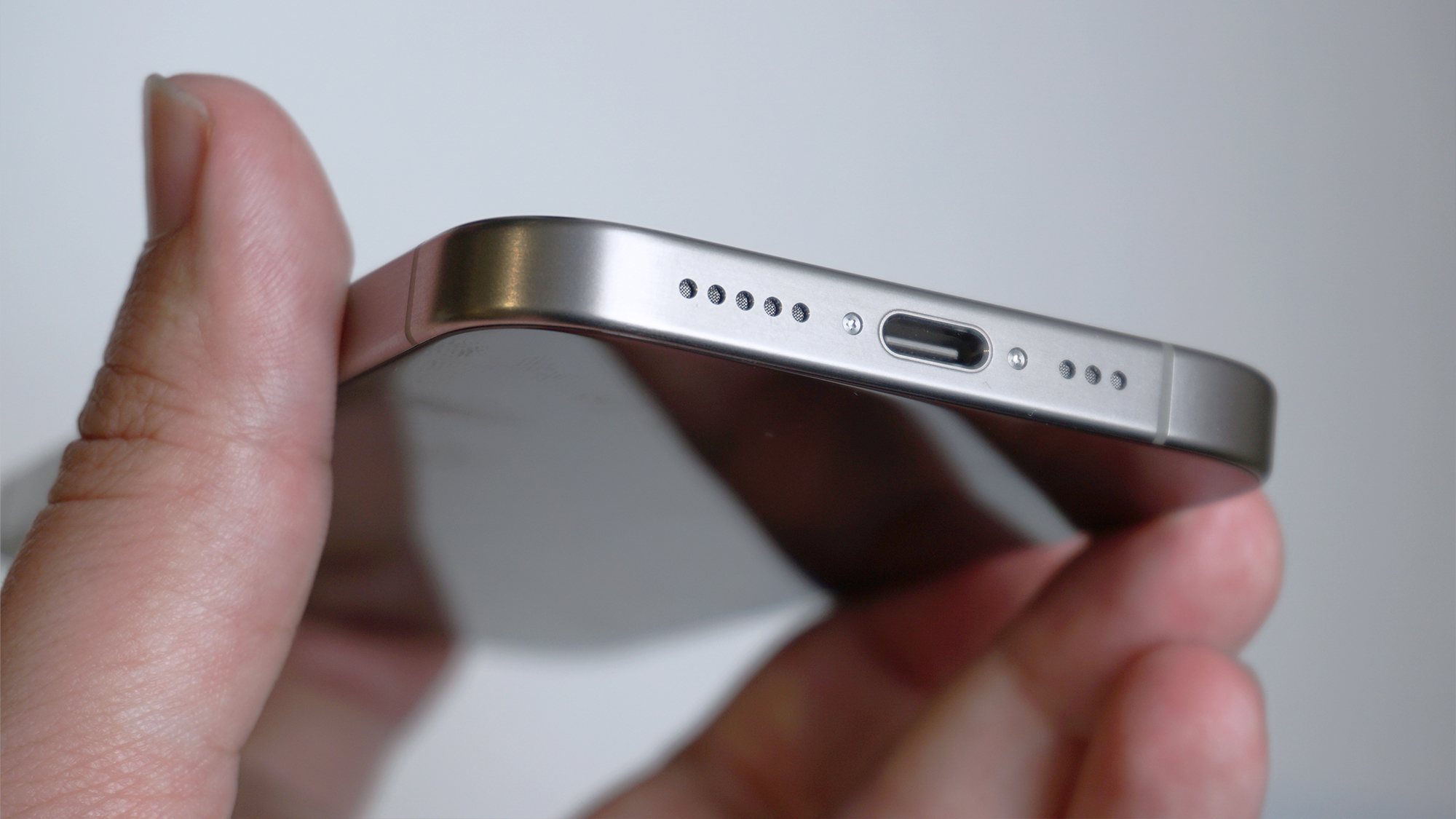
While the standard 15 series entries top out at 21W and the Pros 27W, even main competitors Google and Samsung – which also prioritize battery performance over charging speeds – recognize that users might expect a little more oomph for their money nowadays. The best Pixel phone right now – the Google Pixel 8 Pro – supports 30W wired charging, while Samsung's Galaxy S23 Plus and Galaxy S23 Ultra both move up to even more respectable 45W speeds, for example.
Currently, its takes approximately two hours to fully charge an iPhone 15, while comparable rival, the Google Pixel 8 (which charges at 27W and has a significantly larger battery) reached 100% in our Google Pixel 8 review, in just 1 hour 23 minutes. Apple can do better and the iPhone 16's release would be the perfect time to prove it.
Slim down, smarten up, brighten up
Just as Apple finally slims down the bezels on the iPhone 15 Pro and Pro Max – greatly improving their feel – word emerges that their successors are going to counter with an increase in screen size. Even if this turns out to be true and next year's Pros end up with 6.3 and 6.9-inch displays respectively, Apple's engineers should continue to shave down the borders on its phones; especially the non-Pro models, which for their price have painfully thick surrounds.
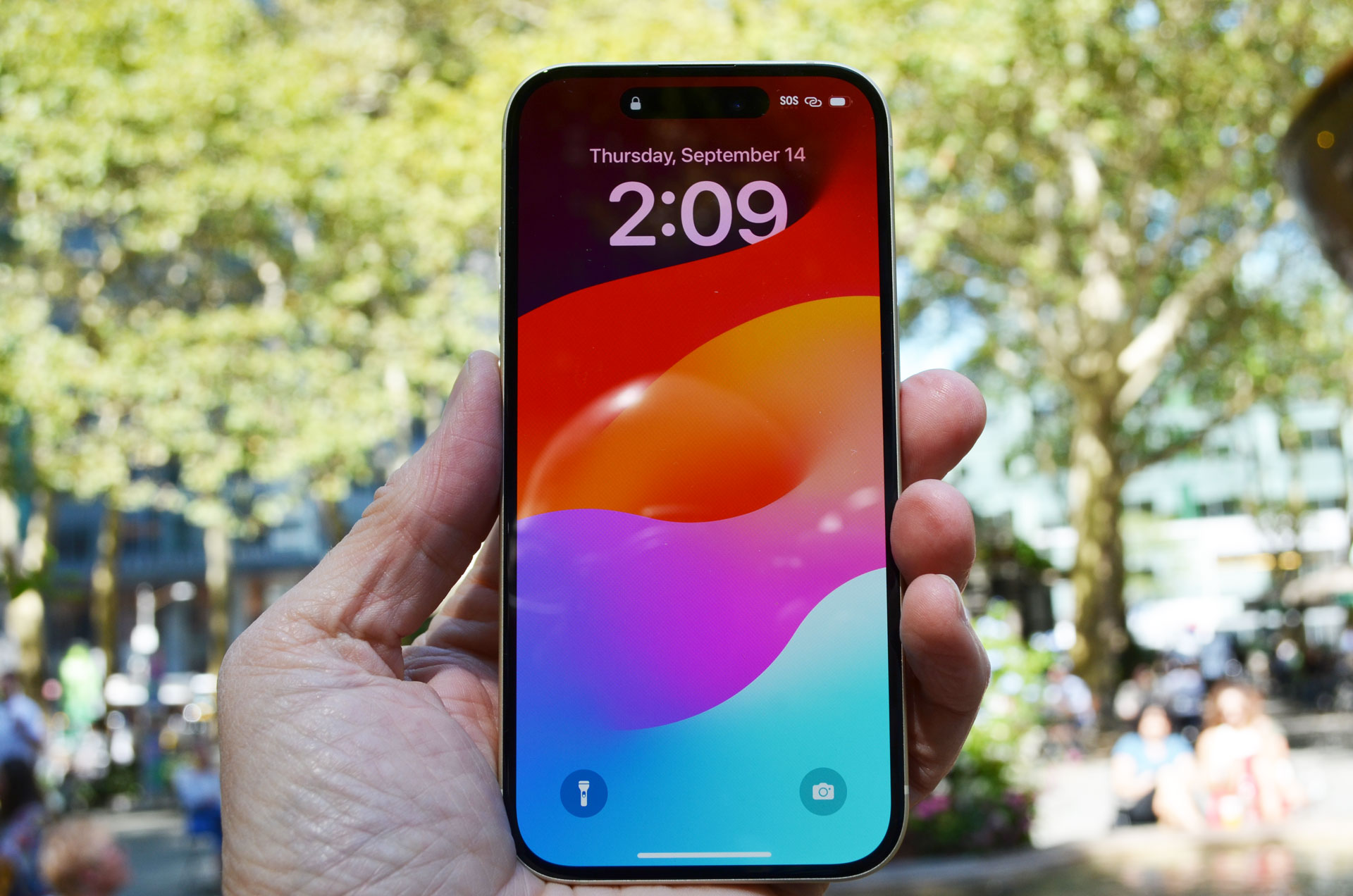
With Apple's once market-leading 2,000-nit peak brightness no longer being the best in the biz, a brighter display wouldn't go amiss either (the OnePlus Open peaks at 2,800nits, for example).
While Apple is at it – and I say this every year – please pull non-Pro iPhone screens above 60Hz. It was laughable years ago and the fact that, in spite of my pleas, it looks as though nothing's set to change, is insulting to users handing Cupertino their hard-earned cash.
New territory for the telephoto
I understand that one of the key differentiators between the standard and Pro iPhones is that third telephoto camera, which remains a Pro iPhone exclusive. But despite the innovative tetraprism 5x telephoto sensor plumbing new depths for Apple's phones, I'm hoping they'll go further.
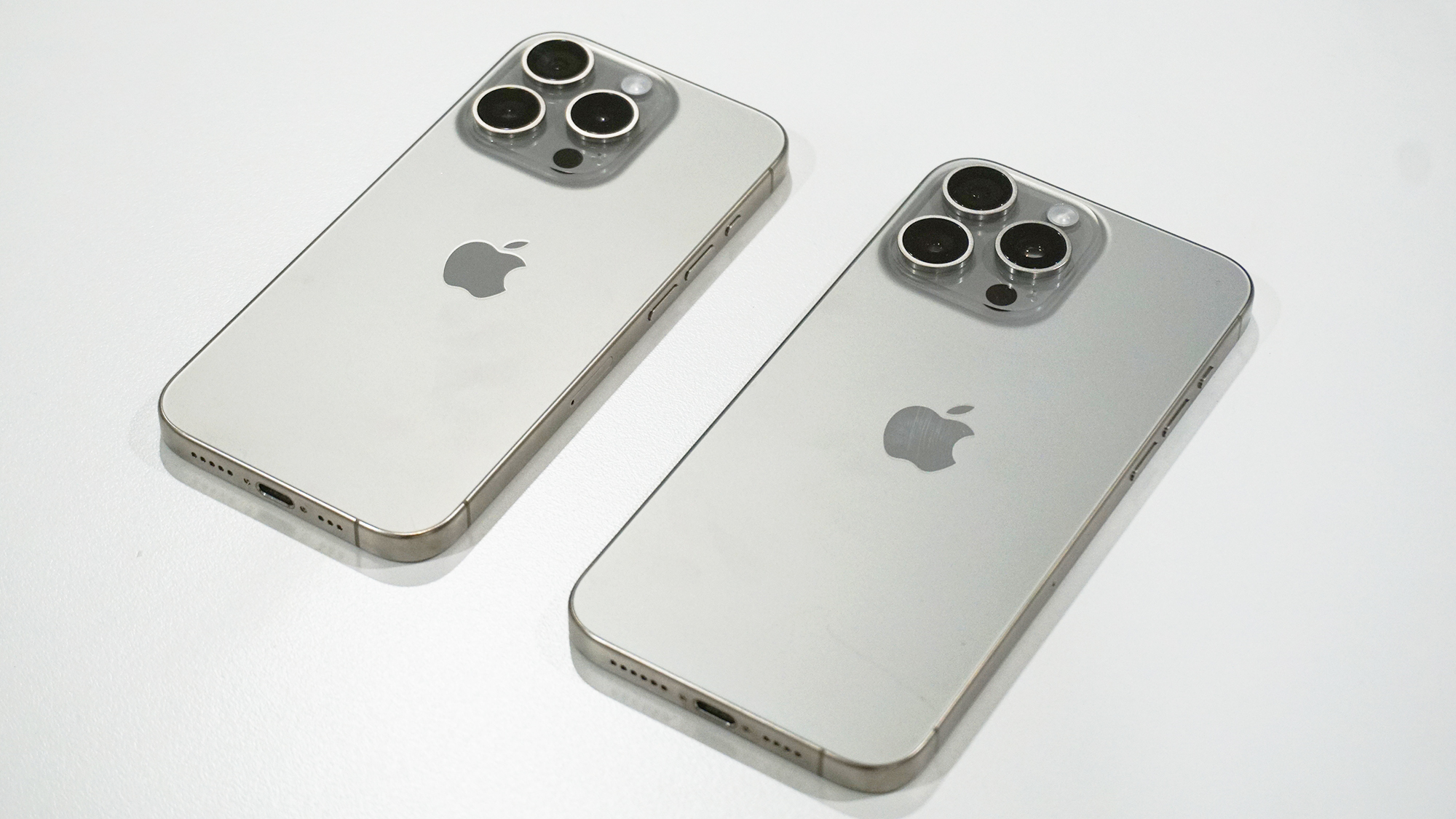
Keen rival – the Samsung Galaxy S23 Ultra – as well as its numerous predecessors have boasts up to 10x optical zoom for several generations now. A longer focal length telephoto and consistency across the cameras on both the iPhone 16 Pro and iPhone 16 Pro Max, would really light a fire under key rivals.
You might also like

Alex joined as TechRadar's Senior Phones Editor in June 2022, but brings over a decade's worth of experience to the role, with an expertise in smartphones, tablets and wearables. He's covered keynotes hosted by the biggest brands and attended the launches for some of the most influential mobile products of the last few years. His experience was amassed at some of the most reputable consumer technology publications out there, including GSMArena, TechAdvisor and Trusted Reviews.